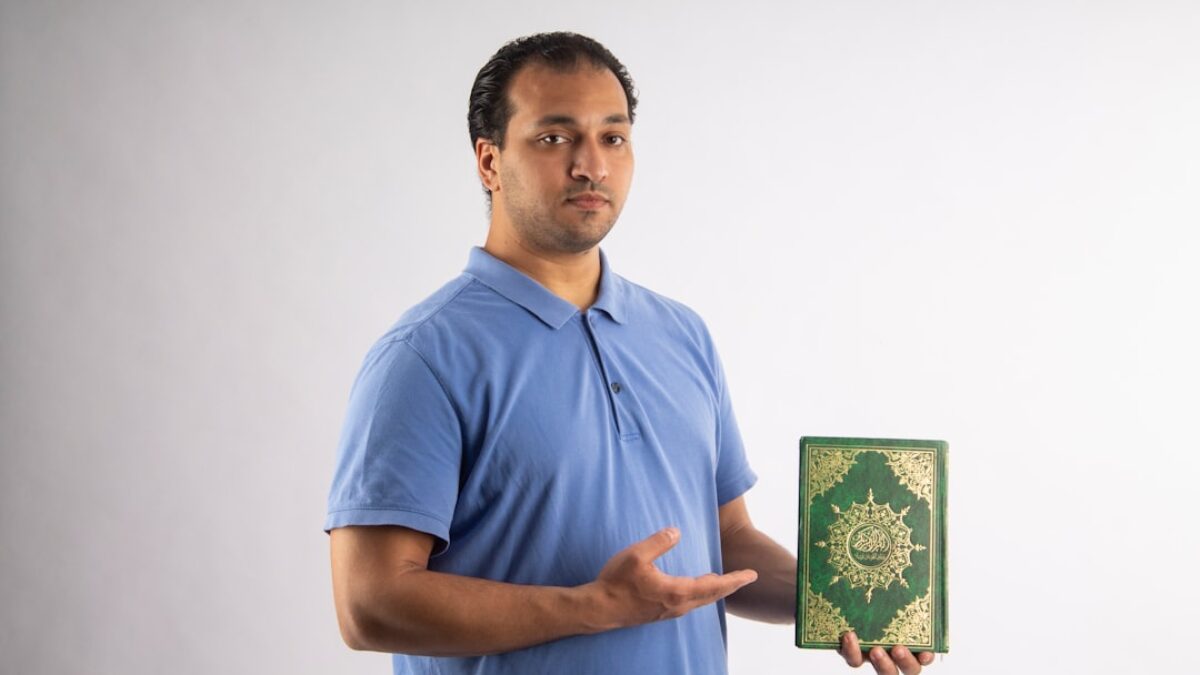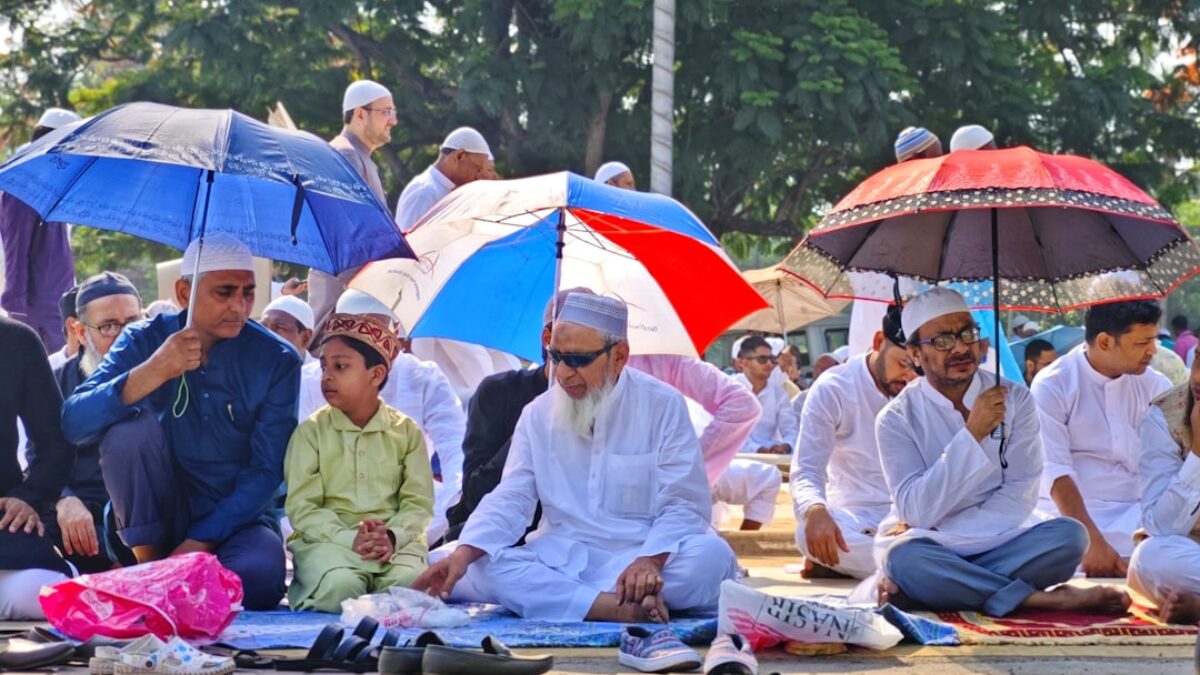In an age where knowledge travels at the speed of a click, Muslims across the globe are turning to the internet to deepen their understanding of ‘aqeedah—the unshakable creed that anchors every aspect of faith. From seasoned students of knowledge to busy professionals reclaiming their evenings, learners now expect high-quality, structured instruction that fits into pockets of time carved between work, family, and worship. This article presents a complete roadmap for mastering Islamic beliefs online through core ‘aqeedah courses, covering not only what to study but how to study it effectively, where to find trustworthy resources, and why this endeavor is more urgent today than ever before.
Understanding Aqeedah in the Digital Classroom
The Meaning and Scope of Aqeedah
Traditionally rendered as “creed” or “theology,” ‘aqeedah literally denotes that which a person ties or knots firmly to the heart. It comprises every belief that a Muslim must affirm, negate, or remain neutral toward—ranging from Allah’s Oneness and Attributes to the unseen realities of angels, scriptures, the Last Day, and divine decree. In the digital classroom, instructors break these topics into micro-modules (5–12 minutes each) to keep cognitive load manageable while retaining depth.
How Online Learning Redefines Access
Physical borders no longer determine who receives authoritative instruction. A mother in rural Malaysia can study Sharh al-‘Aqeedah at-Tahaawiyyah under a Syrian scholar residing in Turkey, while a university student in Canada revisits live recordings of Kitab at-Tawheed classes held in Riyadh. This borderless madrasah has three pillars:
- On-demand video for asynchronous learning
- Interactive forums where questions are answered within hours
- Adaptive quizzes that identify misconceptions before they crystallize
Key Components of Core Aqeedah Courses
Essential Texts and Their Commentaries
Any credible curriculum revolves around canonical texts. The table below contrasts five widely taught works, their level, and typical online course length:
| Text | Author | Level | Duration (Hours) | Primary Focus |
|---|---|---|---|---|
| Thalathat al-Usool | M. ibn ‘Abd al-Wahhaab | Beginner | 10–12 | Fundamentals of Tawheed |
| Al-‘Aqeedah al-Waasitiyyah | Ibn Taymiyyah | Intermediate | 25–30 | Allah’s Names & Attributes |
| Al-‘Aqeedah at-Tahaawiyyah | At-Tahaawi | Intermediate | 20–25 | Orthodox Sunni creed in poetry |
| Sharh as-Sunnah | Al-Barbahaaree | Advanced | 18–22 | Early sectarian challenges |
| Nadhm al-Waraqaat | Al-Juwayni (in versification) | Advanced | 14–16 | Scholastic theology (‘ilm al-kalaam) |
Core Topics Tackled in Structured Modules
Tawheed ar-Rububiyyah
Recognition that Allah alone creates, owns, and administers the universe. Online labs often use animated infographics to illustrate cause-and-effect chains, driving home the point that apparent “causes” are only asbaab (means) created by Allah.
Tawheed al-Uluhiyyah & Shirk in Daily Life
Students explore subtle forms of shirk—from the riyaa’ of social media likes to the tatayyur (superstition) of numerology. Role-play scenarios in breakout rooms help learners detect and rectify hidden polytheism.
Al-Asmaa’ wa-Sifaat: Affirmation Without Likening
Through guided reading of Al-‘Aqeedah al-Waasitiyyah, students practice the via media between anthropomorphism (tashbeeh) and denial (ta‘teel). Interactive polls test understanding: “When Allah says He ‘istiwaa’ ‘alal-‘Arsh,’ do we affirm the literal meaning, the metaphorical, or both, and how?”
Belief in the Unseen
From the Barzakh to the events of the Hour, this module uses story-mapping tools to sequence eschatological events. Learners collaboratively build timelines and upload voice notes explaining each milestone.
Assessment Frameworks
Quality programmes deploy a triangulated evaluation:
- Auto-graded quizzes for terminology and textual evidence
- Peer-reviewed essays on contemporary misbeliefs (e.g., theodicy in the age of pandemics)
- Live viva voce with instructors to confirm articulation and sincerity
Benefits and Importance
Spiritual Resilience in a Post-Truth Era
Disinformation—whether in the form of New Age cosmology or militant secularism—erodes certainty. A structured grounding in ‘aqeedah erects intellectual immune defenses. Students report a 50–70 % drop in anxiety related to doubts after completing foundational modules, according to surveys by leading platforms such as Madani Academy and SeekersGuidance.
Community Leadership & Da‘wah Readiness
Local mosques often lack resident scholars; graduates of online ‘aqeedah courses fill the vacuum. Case study: A 28-year-old engineer in Berlin leveraged his certificate from Mishkah University to run weekend circles for converts, answering questions on trinity vs. tawheed in German.
Common Platform for Global Collaboration
Because courses adopt the same canonical texts, a student in Nigeria can seamlessly join an advanced cohort in Indonesia, fostering transnational scholarly networks. Hackathons on Islamic fintech ethics, for example, often stipulate ‘aqeedah certification as a prerequisite.
Practical Applications
Step-by-Step Learning Path
Audit your baseline: Take the complimentary diagnostic quiz offered by most platforms. It maps your grasp of tawheed, risalah, and aakhirah. Choose a specialization track:
Generalist: three-month certificate covering the “Thalathat al-Usool” and “Tahaawiyyah.” Scholarly: two-year advanced diploma with ‘arabi text analysis and ta‘leeq writing. Create a sacred study space: A corner with wudoo’ facility, noise-canceling headphones, and a whiteboard for mind-mapping aayaat. Enforce accountability: Pair up with a naadhim (study buddy) who checks weekly reflections posted on the course forum. Teach back: Record a five-minute micro-lesson after each module and share it on family WhatsApp groups—solidifying knowledge through ta‘leem.
Blending Traditional and Tech Methods
While PDFs are convenient, hand-writing summaries in the margins of physical copies has cognitive advantages. Use the TikTok-style snippet feature (15-second recap videos) offered by platforms like Qutoof Academy, then archive them in a private Notion database to track progress.
Real-World Example: A Week in the Life of Aisha, a Part-Time Student
Monday–Friday:
06:15–06:30 Review flashcards on Allah’s Names during commute
12:30–13:00 Watch micro-lecture (8 min) + quiz (5 min) at lunch
21:00–21:45 Join live discussion with instructor (Zoom breakout on qadar) Saturday:
09:00–11:00 Attend onsite halaqah to teach what she learned, using slides auto-generated by the course LMS Sunday:
20:00–20:30 Reflective journaling inside the course portal, tagging emotions and lingering questions
Frequently Asked Questions
What prerequisites do I need before enrolling in an online ‘aqeedah course?
Most foundational courses presume only basic Muslim identity—a testimony of faith and willingness to learn. An introductory unit on Arabic phonetics is often embedded for non-Arabic speakers, ensuring terms like ‘illah or sifaat are pronounced correctly. Advanced courses may require prior completion of beginner modules or an entrance assessment.
How do I verify the orthodoxy of an instructor or platform?
Check three markers: (1) Endorsements from recognized bodies such as Al-Azhar’s Islamic Research Academy or the Assembly of Muslim Jurists of America (AMJA); (2) Public Ijaazaat—instructors should list their chains of transmission for key texts; (3) Peer scrutiny—search fatwa portals and scholarly forums for any red-flag refutations. Cross-referencing these sources typically takes under 30 minutes and can save years of misguidance.
Can I balance full-time work, family, and an intensive ‘aqeedah program?
Yes—if you embrace micro-learning. One parent working 50-hour weeks completed the Wasitiyyah diploma by dedicating 25 minutes daily: 10 minutes listening during the school-run, 10 minutes reviewing slides at lunchtime, and 5 minutes nightly quiz. The platform’s adaptive scheduler pushed review sessions to weekends when workload dipped.
Is certification recognized by traditional madrasahs or universities?
Recognition varies. Certificates from accredited institutions (e.g., Madinah International University, Mishkah University) are accepted for credit exemptions in some bachelor’s programs. Nevertheless, ‘aqeedah is ultimately validated by action and articulation—a certificate is only as valuable as the creedal clarity it produces in real life.
How do online programs handle sensitive topics like sectarian debates?
Reputable courses adopt the “Sunnī mainstream with academic neutrality” stance: they present creedal positions of Ahlus-Sunnah, clarify why they differ from other sects, and prohibit ad-hominem attacks. Moderators actively delete inflammatory comments and redirect learners to classical refutations (radd) written centuries ago, emphasizing scholarly etiquette.
What if I still have doubts after completing the course?
Doubt is a sign of an active intellect, not necessarily weak faith. Most platforms offer post-course mentorship: monthly live Q&A clinics, private Telegram channels monitored by scholars, and curated reading lists. The Prophet ﷺ made du‘aa for Ibn ‘Abbas: “O Allah, grant him deep understanding in religion and teach him interpretation.” Seeking continuous clarification is sunnah.
Are women-only cohorts available?
Absolutely. Platforms like Rabata, Jannah Institute, and Zaynab
























Post Comment